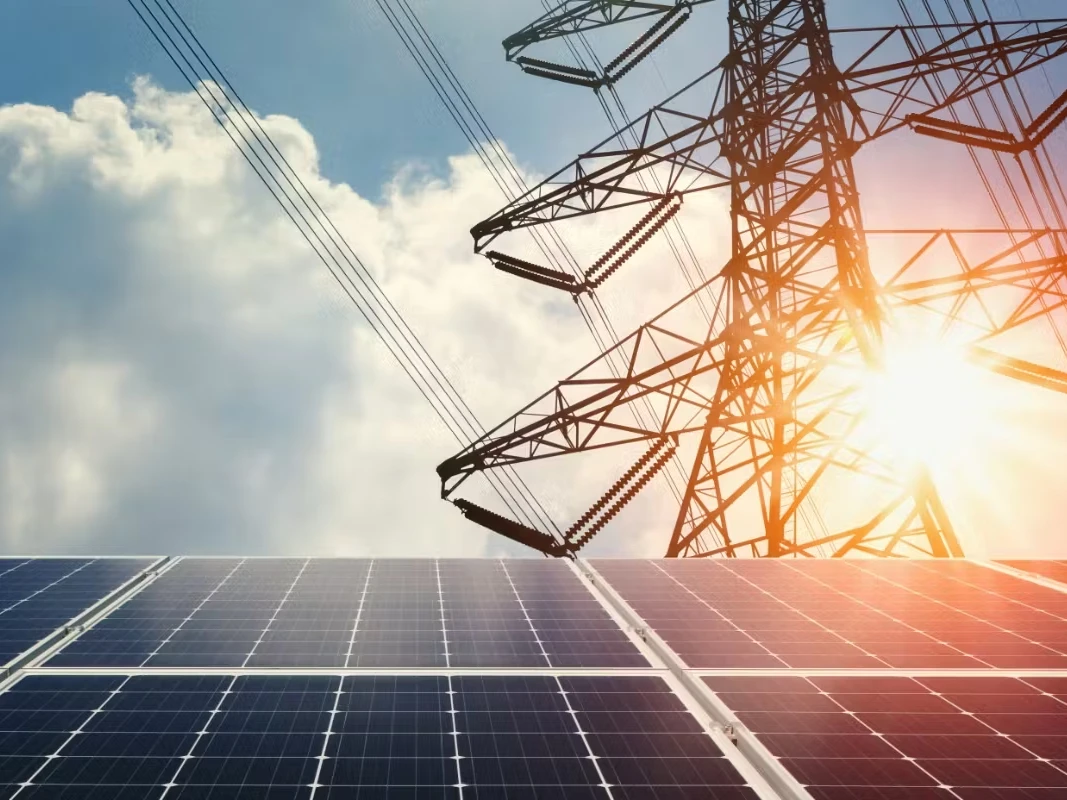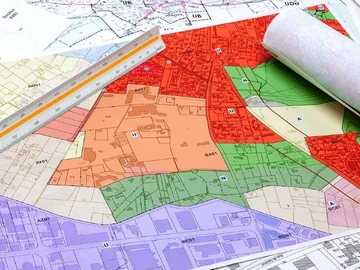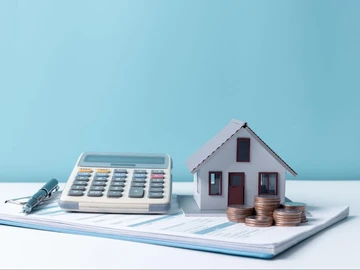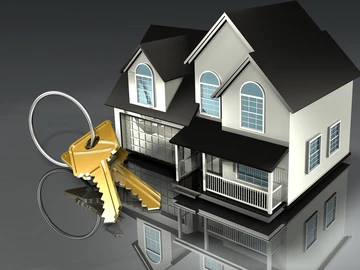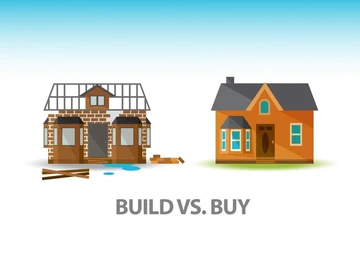Zimbabwe’s national power grid continues to struggle with supply and demand mismatches leaving many areas without electricity for 8 to 12 hours per day. In this new reality, load shedding is no longer just a household inconvenience; it’s a decisive factor in real estate purchasing decisions.
For many prospective buyers, energy resilience has leapfrogged traditional concerns like proximity to the CBD or even interior finishes. As electricity cuts persist, property features that once seemed optional like solar panels, boreholes, and backup batteries are now essentials. Here's how load shedding is reshaping the property market and influencing homebuyer priorities in 2025.
1. Solar-Powered Homes See Increased Buyer Demand
In 2025, homes listed with solar systems on property.co.zw have shown a 42% higher click-through rate and stay on the market for 28% less time than similar homes without solar. Buyers are actively filtering for homes with solar geysers, inverters, and lithium battery storage, signaling a market-wide pivot toward off-grid capability.
Even in middle-income brackets, solar is no longer seen as a luxury it’s a utility substitute. Developers in Harare, Bulawayo, and Victoria Falls are integrating solar microgrids into new gated communities and cluster housing projects to meet this growing demand.
2. Boreholes and Water Security Now Add Market Value
Load shedding often impacts the water supply due to power-dependent municipal and borehole pump systems. Homes that feature boreholes with solar-powered boosters are seeing price premiums of 15–20% in high-density and peri-urban areas, especially where municipal services are unreliable.
Real estate agents are now using “borehole available” as a top-tier filter when uploading listings, placing it alongside keywords like “title deeds available” or “move-in ready.”
3. Suburb Choices Influenced by Power Reliability
The location factor is being redefined by load shedding zones. Areas like Borrowdale Brooke, Avondale, and Greendale North are increasingly favored due to shorter outages or community-wide solar adoption. In contrast, some previously sought-after suburbs are seeing a decline in buyer interest due to longer power cuts and lack of infrastructure.
Buyers are now asking:
- Is this in a Zone 4 or Zone 6 load shedding area?
- What is the average downtime per week?
- Do the neighbors have solar or generators?
4. Developers Embracing Energy-Resilient Designs
From Ruwa to Gweru, new housing developments and townhouse complexes are being marketed as fully solar-powered communities. In Harare alone, 6 out of the 10 most-viewed new developments in Q2 2025 on property.co.zw featured energy autonomy as a core selling point.
Developers are bundling:
- 3kVA or 5kVA inverter systems
- Lithium batteries (5.12kWh+)
- Solar geysers
- Gas cooking lines
Projects like Aspen Villas and Sunridge Heights have already integrated these features and report faster pre-sales by up to 3 months.
5. Backup Power Options Now Boost Listing Visibility
Properties equipped with generators, gas stoves, smart meters, or battery walls are seeing higher conversion rates. Listings tagged with “generator included” or “solar + gas combo” receive 38% more inquiries.
Agents and sellers are being advised to explicitly highlight:
- Power backup solutions
- Estimated running hours
- Appliance compatibility during outages
This has become an SEO gamechanger in online listings and WhatsApp catalogues.
6. Property Values Tied to Energy Infrastructure
Analysts suggest that by the end of 2025, off-grid homes may appreciate 1.5x faster than grid-dependent homes in the same area. Properties without alternative energy sources risk price stagnation or longer time on market.
This shift is also affecting rental properties tenants are now prioritizing solar and water access before signing leases, especially in high-demand suburbs like Mount Pleasant, Chisipite, and Highlands.
Conclusion: The Energy-Resilient Home Is the Future
As Zimbabwe continues to navigate its energy crisis, the property market is adapting in real time. The 2025 homebuyer is pragmatic, tech-savvy, and prioritizes self-sufficiency. For sellers, agents, and developers, the message is clear: properties that offer energy stability will dominate buyer attention and command better prices.
If you’re buying, look beyond the finishes look at the fuse box, solar capacity, and water source.
If you’re selling, consider upgrading your energy setup it’s not just an investment in comfort, but in your property’s market value.
Ready to buy or sell an energy-resilient home?
Browse thousands of solar-ready listings at property.co.zw – Zimbabwe’s No.1 Property Marketplace.
 Continue with Facebook
Continue with Facebook
 Continue with Email
Continue with Email

